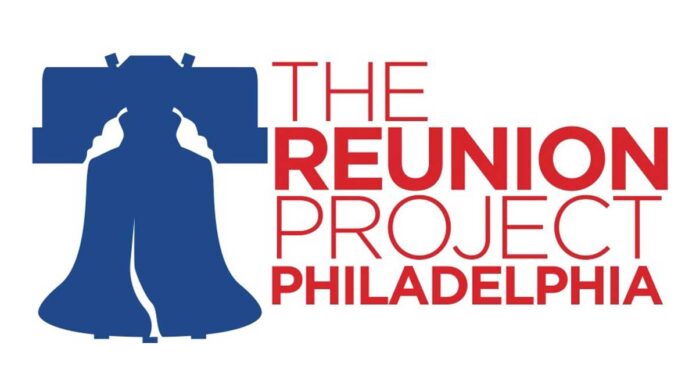
In 2022, with HIV being a manageable chronic illness, there is no reason for an HIV diagnosis to pose significant risk to our health and wellbeing. As long as you take the initiative to get tested, get into treatment, adhere to your medications, and regularly see your healthcare providers, it is entirely possible to live a long, productive, and healthy life with HIV.
One of the places that I have found community over the past several years is through the Reunion Project, a national alliance of long-term survivors of HIV, advocates, providers, and researchers. The Reunion Project organizes town halls across the country to celebrate the shared experience of long-term survivors. For the past five years in Philadelphia, we’ve been able to hold an annual Reunion Project event planned by local HIV service organizations and community members.
This year’s Philly Reunion Project will be a two-day virtual event on April 20th & 21st. The program will include presentations on many of the resources that can help us to thrive, including medication updates, access to information about housing, legal planning, insurance options, emotional health, and self-care. The Philly Reunion Project will also provide an important opportunity to connect with others, share experiences, and celebrate the resilience of our communities.
There are so many things that are broken in today’s world, including all of the disinformation that seems to spread so easily. The Reunion Project is a great source of reliable information for long-term survivors and others impacted by HIV.
For so many years, the goals of HIV services and advocacy were around helping people to survive. Medical research into new drug regimens focused on ways to simply keep us alive. Our activism was a call to get people to notice that our communities were dying. More needed to be done.
Today, we’ve advanced to a point where we can talk about thriving, not just surviving. Surviving is simply making it through. Thriving is not only making it through but being healthy and fulfilled along the way. It means ensuring that all of our basic needs are met and that we have the tools to navigate the services and supports that we all need as we grow older.
In order to thrive, we need to be good self-managers of our health. We need to take steps to care for our health and to find providers who we trust and who are responsive to our needs. We need to be open with our communication with these providers and continue to develop our skills in advocating for our own healthcare needs. HIV is just one of many chronic health conditions we will face as we get older. Having the tools to work with those providers to make healthcare decisions on medications, side effects, and treatments is essential to thriving with any chronic illness.
There are many other factors that influence our health beyond what is physically happening within our bodies. There are social determinants of health — such as housing, economic security, and social support — as well as intersectional identity factors such as race, religion, sexual orientation, gender identity, and age that all come into play when engaging with the healthcare system. These factors also make a big difference in how we experience our HIV and other chronic illnesses.
There are undoubtedly big picture policy issues that need to be addressed on a large scale to remedy the lack of access to healthcare, housing and financial security in our communities. Still, it is essential that we be informed and able to share information in our communities about the resources and services that can help in navigating issues such as housing, insurance options, legal planning, and healthcare. Information is power, and having necessary information is critical to making sound healthcare decisions.
Thriving means not only ensuring that all of our basic needs are met but also that we are able to pursue our passions and the things in life that bring us joy. After so many years of focusing on survival, we owe it to ourselves to look at the hope and possibilities still before us. Hopefully, one of the things to bring us joy is our friends, family, and communities. So many of us lost our friends and loved ones throughout the AIDS crisis. It is difficult to find and sustain community and meaningful social connections during periods of so much loss. While it may take effort to rebuild our community networks and social supports, doing so is essential to thriving emotionally.
For more information about the 2022 Philly Reunion Project or to register, visit bit.ly/PhillyReunionProject or call the Elder Initiative @ William Way at 215-720-9415.